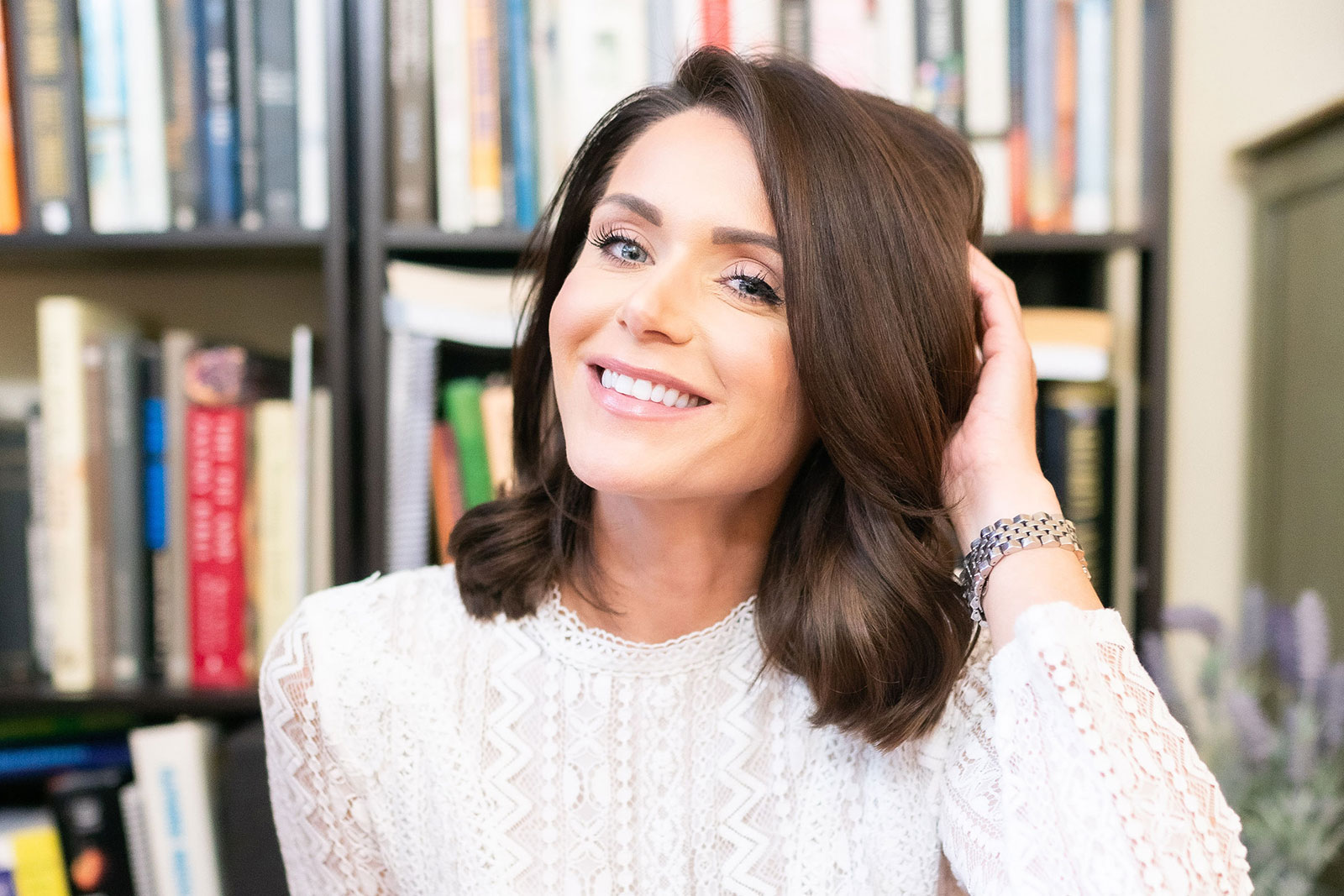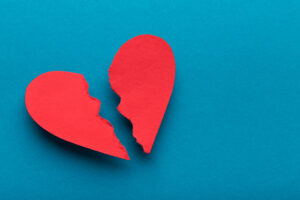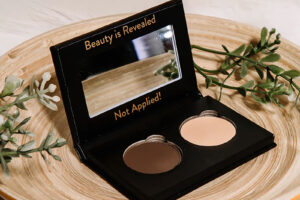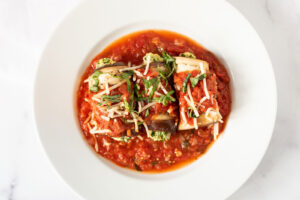It seems like a lifetime ago, but I still remember the call.
The fall season was just settling in on my last year of college and I was leaving my last class of the day when my mom called. It wasn’t unusual to hear from her; we spoke every day. But as soon as I answered the phone I knew something was different. The tone in her voice signaled something was perhaps very wrong. I remember less about the exact words and more about how I felt. Fear and sadness mostly, as she told me she found out she had stage IV colon cancer. How could this happen, I wondered. She had colon cancer in her early 30s but she followed the doctor’s guidance for what she thought was proper screening. She was getting her colonoscopies every 10 years—a recommended interval we’d later learn was not nearly frequent enough.
The next nine months propelled me and my father into the overwhelming role of caregivers. We were in the trenches, struggling desperately to run errands, take her to doctors’ appointments, pick up medications and prepare meals that we hoped she could eat. There was little she could stomach and she was losing weight quickly. My mother was disappearing before my eyes and I could do nothing about it. I felt helpless, frightened and angry. I started to doubt and lose faith in the medical community. There was little help for us once we left the hospital and doctors’ offices and arrived home. How do we, as untrained medical professionals, navigate her care?
As we approached the spring season, I did all that I could to remain in school while spending as much time caring for my mom as I could. And then another bomb hit. My mom’s treatment wasn’t working and she was in so much pain, she decided not to continue treatment. She wanted to be comfortable and enjoy the time she had left. I knew then that everything beyond that point would be a series of lasts. Last holidays, last car rides down the coast (her favorite thing to do) and her last birthday. I lit 56 candles on a birthday cake she couldn’t eat and handed her a birthday card I struggled to buy. I read through every card in the store with great anxiety—how do you buy your mother’s last birthday card?
Two weeks before graduation, she took her final breath and I said goodbye to her along with all the dreams of a future together. In addition to grieving the loss, I also found myself at a personal health crossroads. Before my mom passed away, doctors recommended she get testing for a genetic condition called Lynch syndrome, a condition that predisposed her to an 80 to 85 percent risk of cancer by the time she was 50. It wasn’t quite so surprising then to find out she had Lynch syndrome; in fact, it helped make sense of it all, considering her early and repeat cancer diagnosis. What perhaps came as a bigger surprise was learning about my 50-50 chance of inheriting it myself.
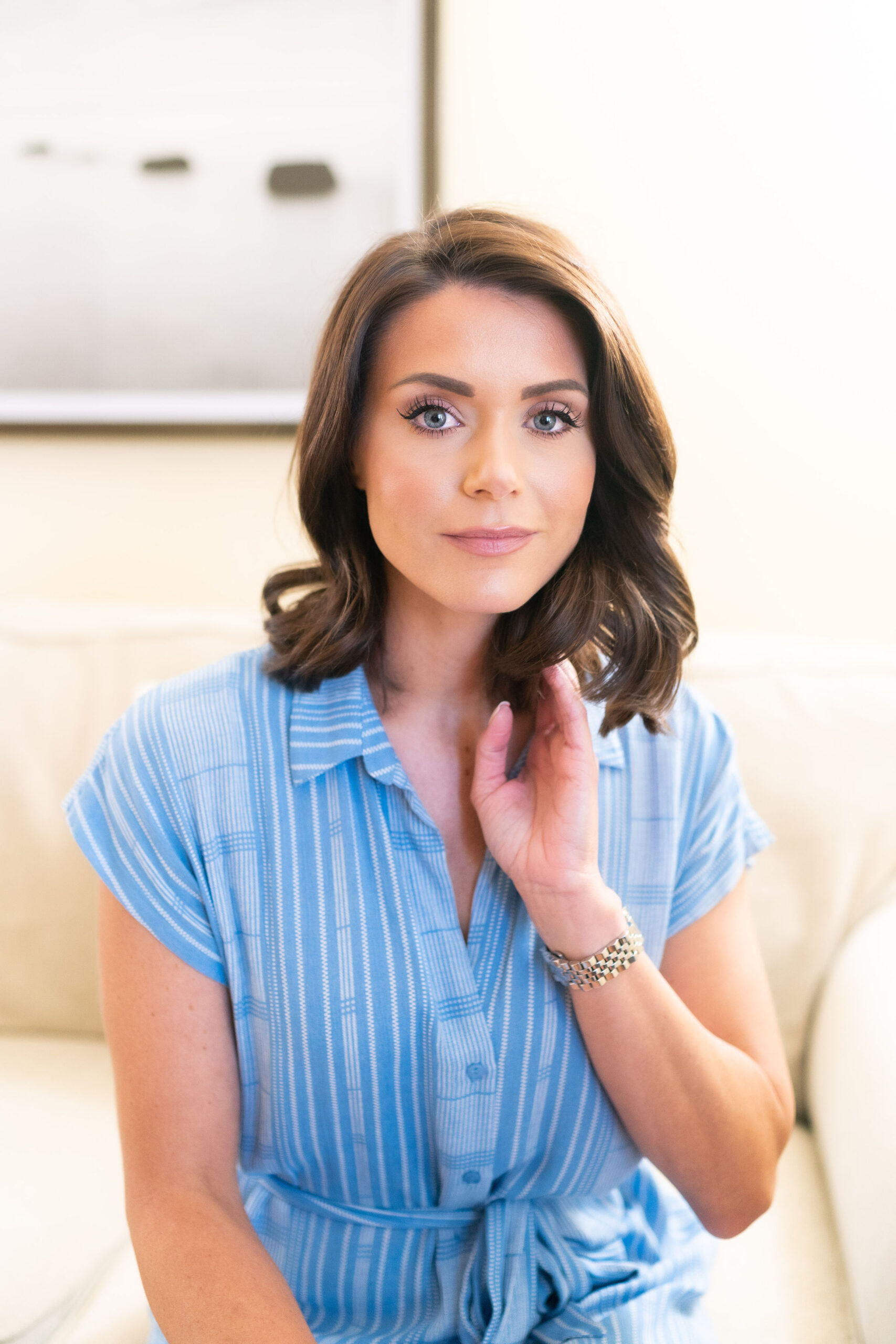
I had a decision to make. Do I get more information, or do I live my life without the threat and fear of cancer with Lynch syndrome? During one of our last conversations, I broke down and cried, “Mom, I don’t know if I want to find out I have it. I don’t think I can handle knowing.”
She took my hand in hers, squeezing gently with thin, cold fingers. “Sweetie, I can’t decide that for you,” she said. “But I want you to have the information I didn’t have. Know the cards you’ve been dealt and play your hand the best you can.”
I think I ultimately chose to get the test because I felt this would somehow bring me peace of mind that I’m doing the best I can—playing the best hand I can with the cards I’ve been dealt.
Two weeks after she passed, I graduated from college and got the test. I found out I was positive for Lynch syndrome. My journey of healing from watching my mother suffer and pass away was further complicated by my own likelihood of the same fate. Had I just caught a glimpse of my future?
I can’t advocate for everyone to get the test. It’s such a deeply personal decision. I think I ultimately chose to get the test because I felt this would somehow bring me peace of mind that I’m doing the best I can—playing the best hand I can with the cards I’ve been dealt. I can’t control having it, but I can control how I respond to it. In another sense, it also brings me peace that I’m paying forward my mother’s spirit. The knowledge is like a torch she passed me to carry forward. In losing her life, she saved mine. By implementing the guidance from the medical community, I can get my screenings early and often. In this way, cancer mortality greatly decreases and the disease is far more treatable.
Beyond my own care plan, I’ve found a great deal of healing in advocating for Lynch syndrome and working with health organizations on lifestyle interventions that defend against cancer. After graduating from college, I attended a natural chef program to learn how to cook for cancer prevention and management. I aligned with a notable nonprofit nutritional cancer research group based out of Boston and then a leading genomics technology company in San Diego. It’s been an incredible journey to hear stories of other individuals thriving as previvors, fighters and survivors. They’ve enhanced my notion of faith in the power of the human spirit as well as confidence in my own ability to live well despite the disease. The blessings of these personal tragedies have shown me there’s light in darkness and I don’t have to stand alone. There are others out there just like me. In a way, those I connect with are like family—all connected by this genetic condition. In losing one precious family member, I’ve gained hundreds more and am grateful every day for my growing Lynch family.

